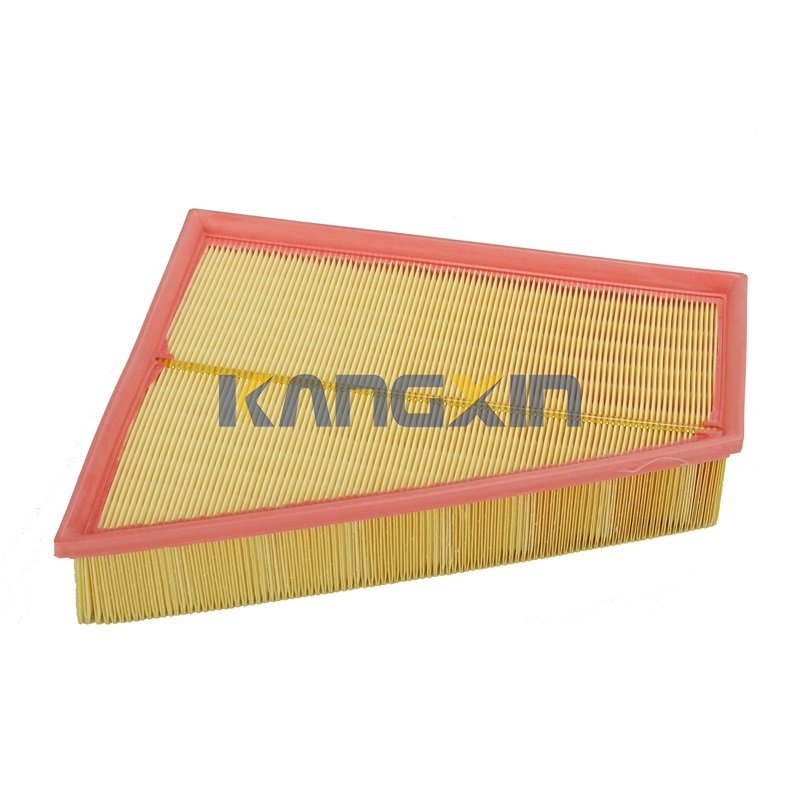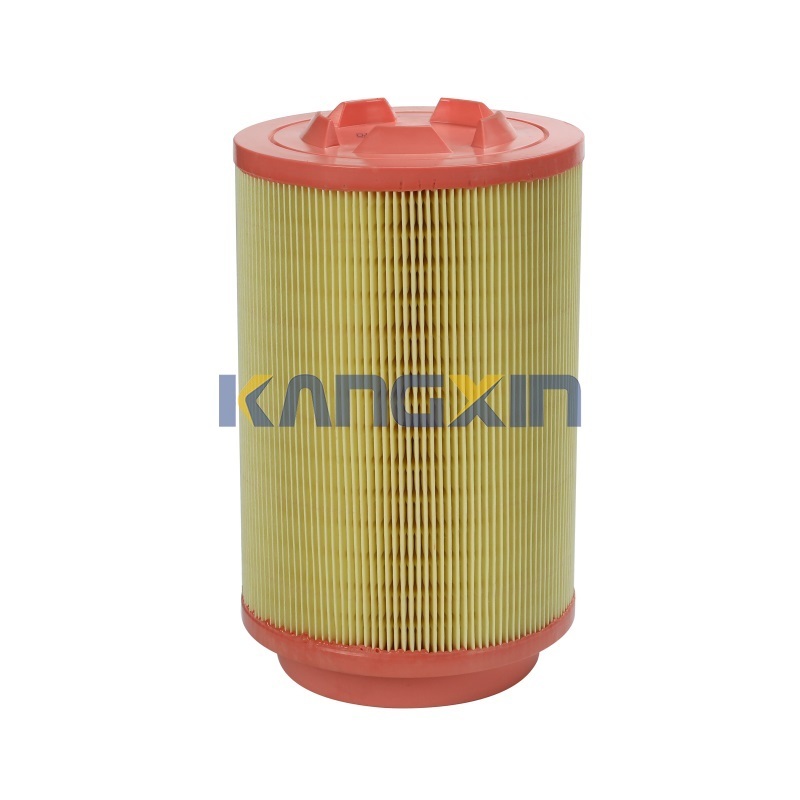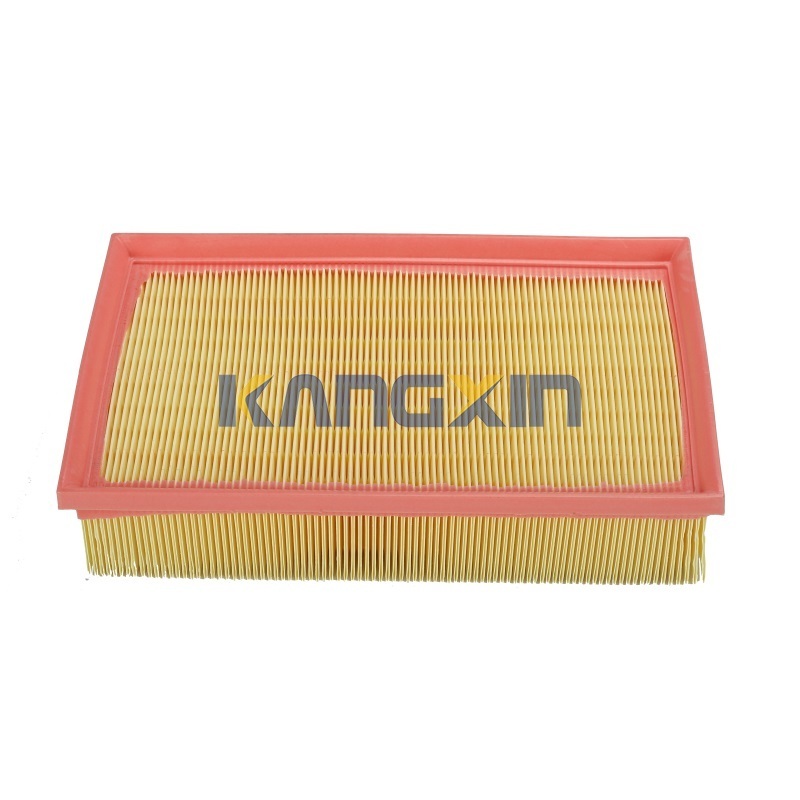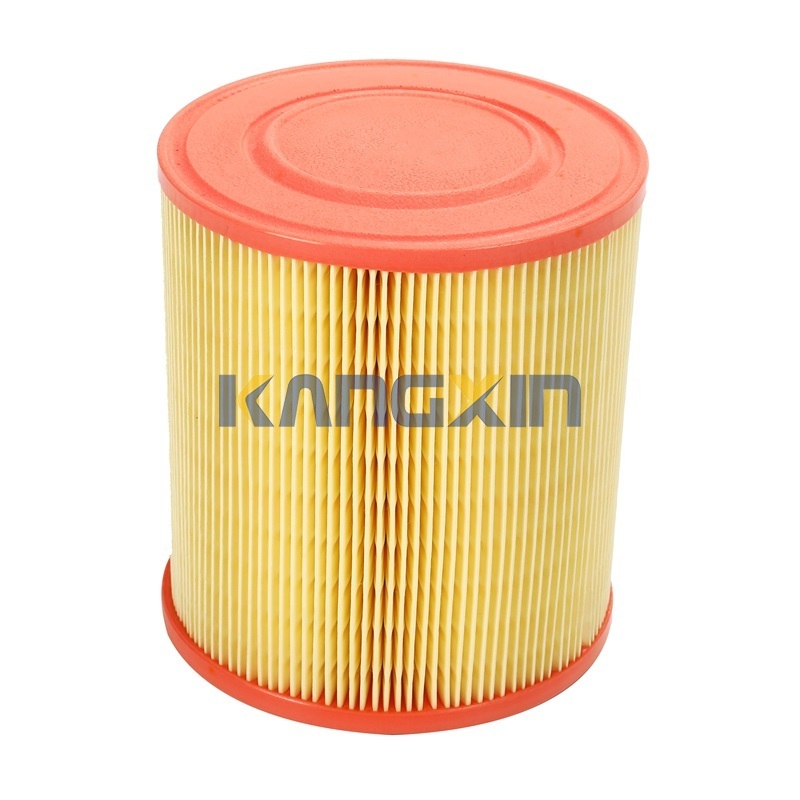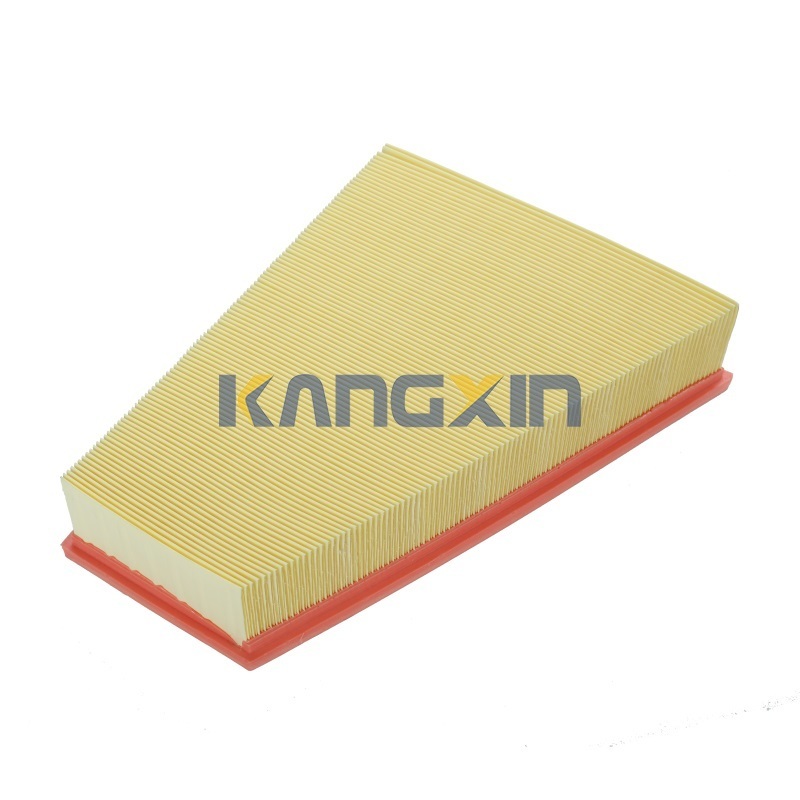Optimizing Air Quality: The Impact of Cabin Air Filters on Health and Comfort
Release time:
2024-06-30
**The Significance of Air Quality in Industrial Settings** In industrial settings, air quality plays a crucial role in ensuring the health and safety of workers. Poor air quality can lead to a variety of health issues, including respiratory problems, allergies, and fatigue. It is essential to maintain clean and breathable air in work environments to promote productivity and overall well-being. **I
**The Significance of Air Quality in Industrial Settings**
In industrial settings, air quality plays a crucial role in ensuring the health and safety of workers. Poor air quality can lead to a variety of health issues, including respiratory problems, allergies, and fatigue. It is essential to maintain clean and breathable air in work environments to promote productivity and overall well-being.
**Introduction to Cabin Air Filters**
Cabin air filters are an integral component of industrial equipment and components, designed to remove contaminants and pollutants from the air. These filters help improve air quality by trapping dust, pollen, and other particles that can compromise indoor air quality. By regularly replacing cabin air filters, businesses can ensure a clean and healthy working environment for their employees.
**Benefits of Optimizing Air Quality**
Optimizing air quality through the use of cabin air filters offers a range of benefits, including:
1. **Improved Health**: Clean air reduces the risk of respiratory illnesses and allergies, promoting better overall health and well-being.
2. **Enhanced Comfort**: Fresh, clean air creates a more comfortable and pleasant working environment for employees.
3. **Increased Productivity**: Better air quality can lead to higher productivity levels among workers, as they are less likely to experience fatigue or discomfort.
**Choosing the Right Cabin Air Filter**
When selecting a cabin air filter for industrial equipment and components, it is essential to consider factors such as:
1. **Filter Efficiency**: Look for filters that are highly efficient in removing contaminants from the air.
2. **Compatibility**: Ensure that the filter is compatible with the specific equipment and components it will be used with.
3. **Maintenance Requirements**: Consider the maintenance needs of the filter, including how often it needs to be replaced or cleaned.
**FAQs**
1. **How often should cabin air filters be replaced?**
Cabin air filters should typically be replaced every 12,000 to 15,000 miles, depending on driving conditions and air quality.
2. **Can cabin air filters improve air quality in industrial settings?**
Yes, cabin air filters can help remove contaminants and pollutants from the air, improving overall air quality in industrial environments.
3. **Are there different types of cabin air filters available?**
Yes, there are various types of cabin air filters, including standard particulate filters, activated charcoal filters, and HEPA filters.
**Conclusion**
Optimizing air quality through the use of cabin air filters is essential for promoting a healthy and comfortable work environment in industrial settings. By investing in high-quality filters and maintaining them regularly, businesses can ensure clean and breathable air for their employees, leading to improved health, comfort, and productivity. Prioritizing air quality in industrial equipment and components is a crucial step towards creating a safe and healthy workplace for all.
In industrial settings, air quality plays a crucial role in ensuring the health and safety of workers. Poor air quality can lead to a variety of health issues, including respiratory problems, allergies, and fatigue. It is essential to maintain clean and breathable air in work environments to promote productivity and overall well-being.
**Introduction to Cabin Air Filters**
Cabin air filters are an integral component of industrial equipment and components, designed to remove contaminants and pollutants from the air. These filters help improve air quality by trapping dust, pollen, and other particles that can compromise indoor air quality. By regularly replacing cabin air filters, businesses can ensure a clean and healthy working environment for their employees.
**Benefits of Optimizing Air Quality**
Optimizing air quality through the use of cabin air filters offers a range of benefits, including:
1. **Improved Health**: Clean air reduces the risk of respiratory illnesses and allergies, promoting better overall health and well-being.
2. **Enhanced Comfort**: Fresh, clean air creates a more comfortable and pleasant working environment for employees.
3. **Increased Productivity**: Better air quality can lead to higher productivity levels among workers, as they are less likely to experience fatigue or discomfort.
**Choosing the Right Cabin Air Filter**
When selecting a cabin air filter for industrial equipment and components, it is essential to consider factors such as:
1. **Filter Efficiency**: Look for filters that are highly efficient in removing contaminants from the air.
2. **Compatibility**: Ensure that the filter is compatible with the specific equipment and components it will be used with.
3. **Maintenance Requirements**: Consider the maintenance needs of the filter, including how often it needs to be replaced or cleaned.
**FAQs**
1. **How often should cabin air filters be replaced?**
Cabin air filters should typically be replaced every 12,000 to 15,000 miles, depending on driving conditions and air quality.
2. **Can cabin air filters improve air quality in industrial settings?**
Yes, cabin air filters can help remove contaminants and pollutants from the air, improving overall air quality in industrial environments.
3. **Are there different types of cabin air filters available?**
Yes, there are various types of cabin air filters, including standard particulate filters, activated charcoal filters, and HEPA filters.
**Conclusion**
Optimizing air quality through the use of cabin air filters is essential for promoting a healthy and comfortable work environment in industrial settings. By investing in high-quality filters and maintaining them regularly, businesses can ensure clean and breathable air for their employees, leading to improved health, comfort, and productivity. Prioritizing air quality in industrial equipment and components is a crucial step towards creating a safe and healthy workplace for all.
Keywords:
More information








